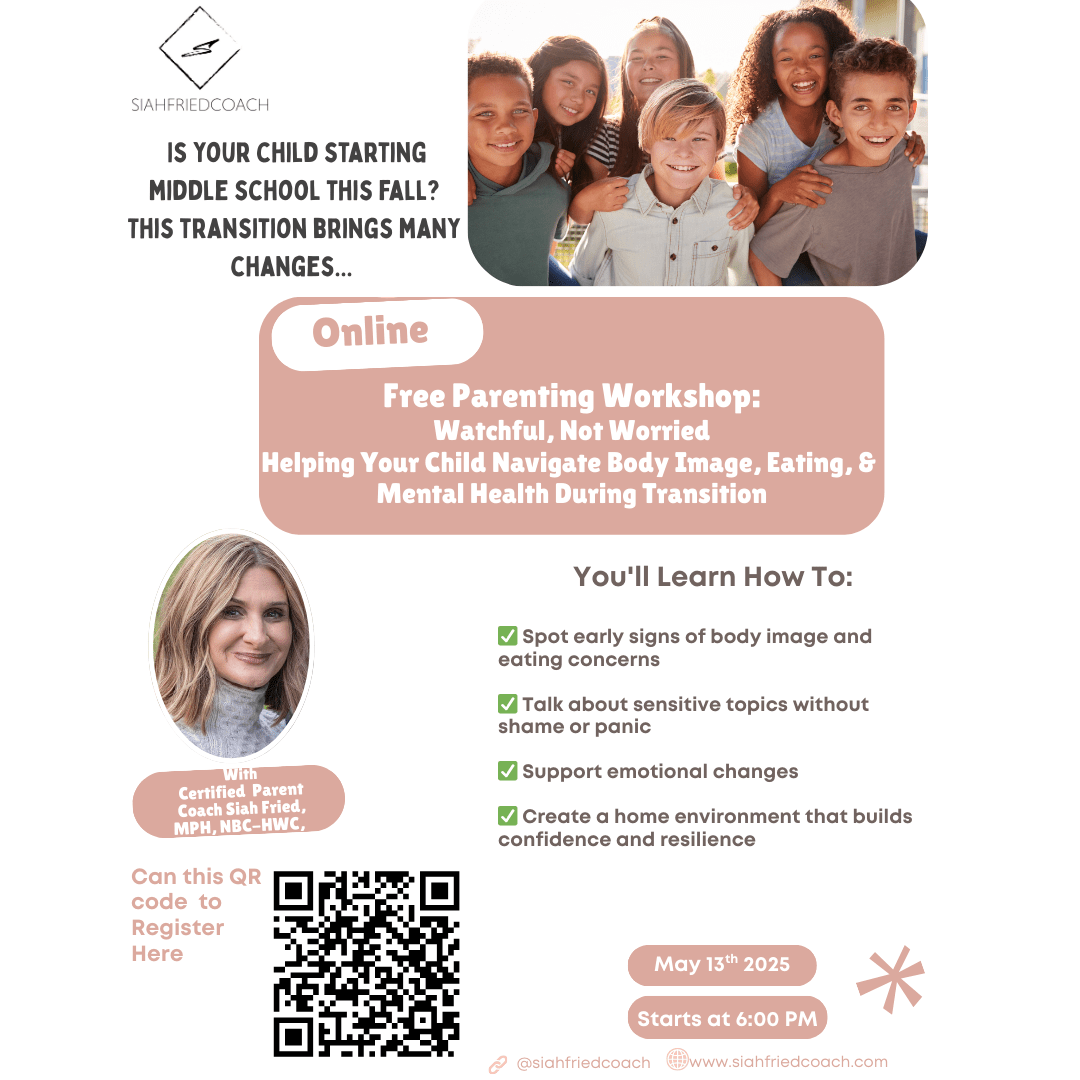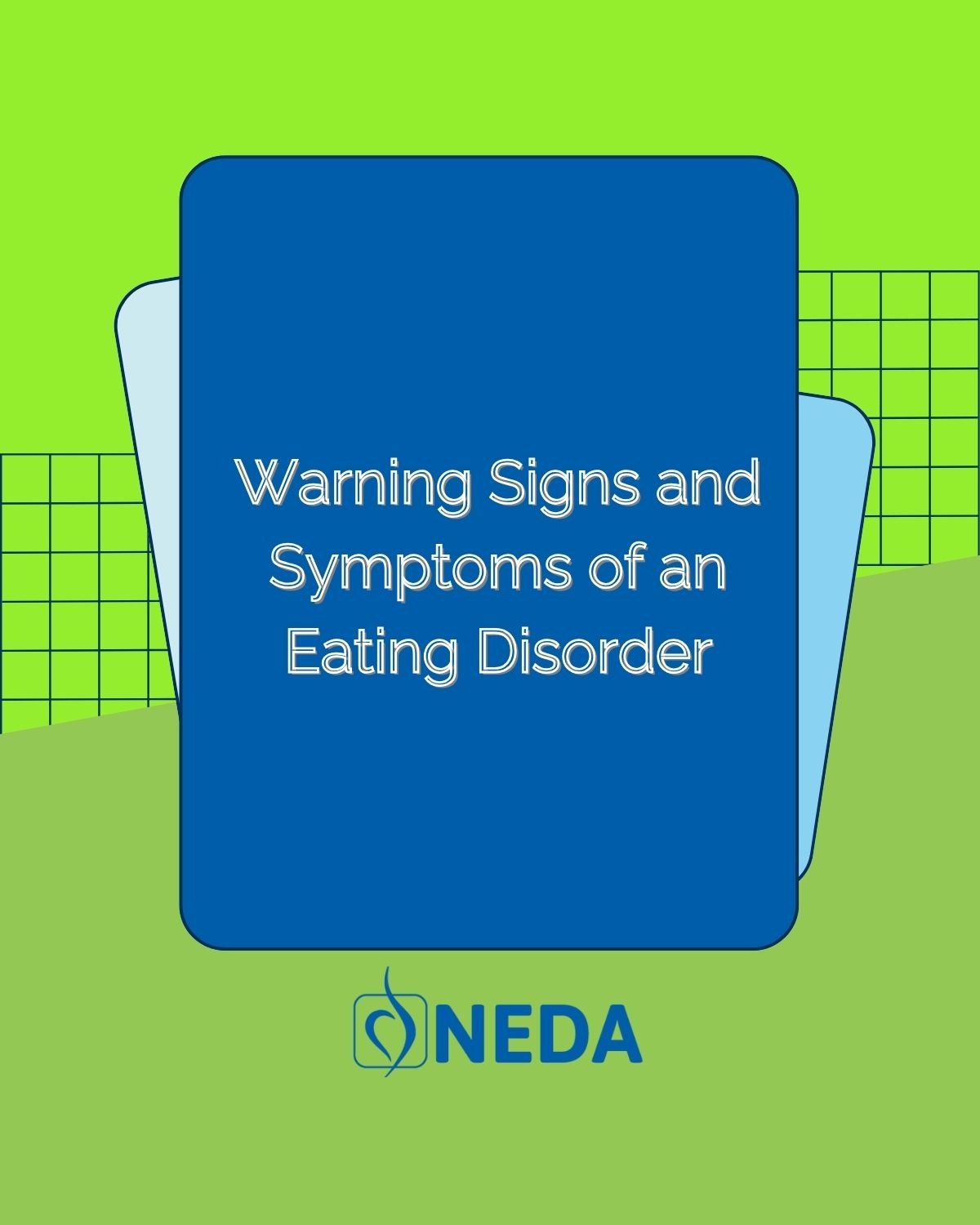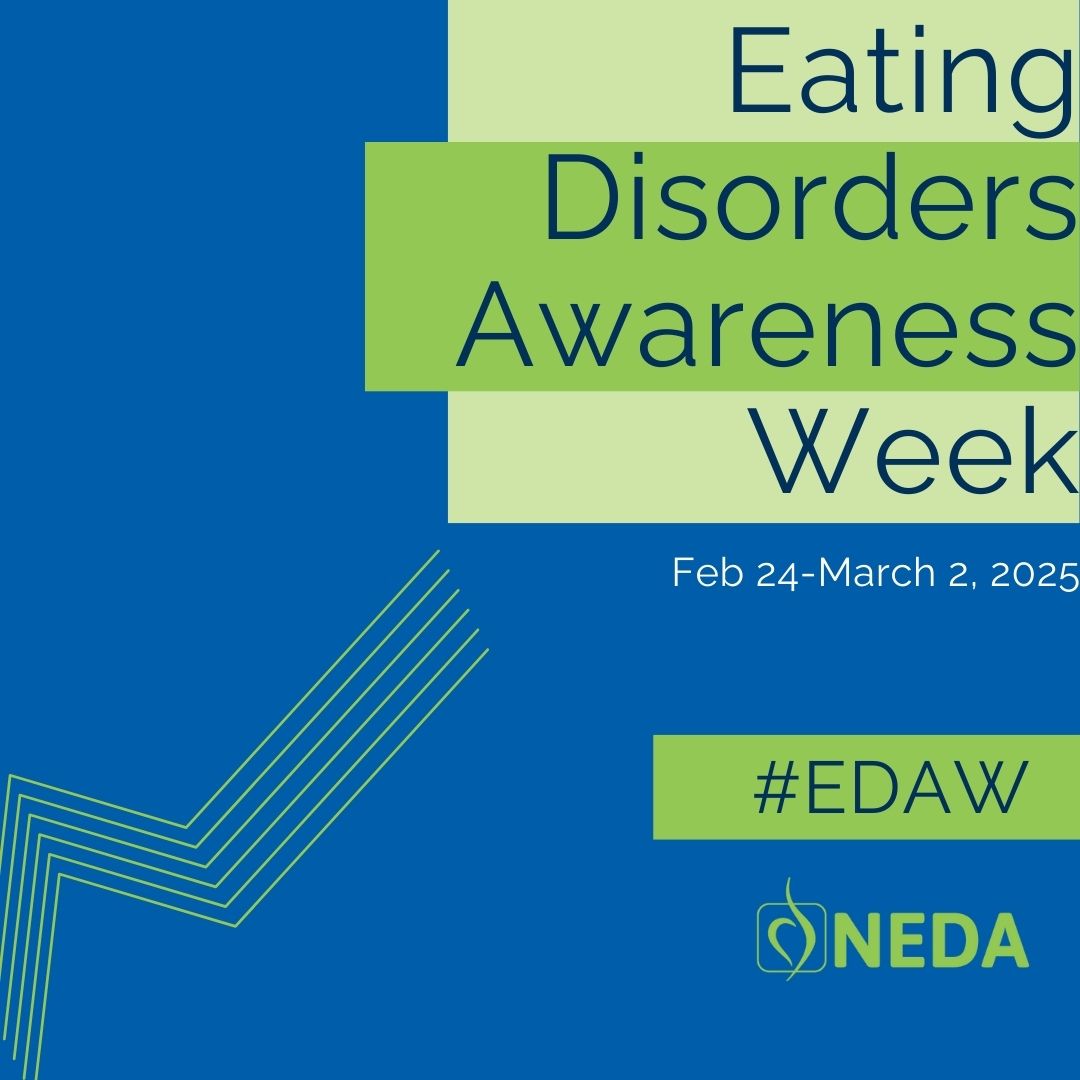Body Image and Self-Care: How They Impact Mental and Physical Health
Your feelings about your body significantly affect how you care for it, influencing both mental and physical health. Negative body image can lead to poor self-care habits and health complications.
Body image combines how you see yourself and what you wish to look like, ranging from realistic to distorted ideals. When your body image is realistic and attainable, self-care improves, promoting overall well-being. However, dissatisfaction with appearance may push people toward unhealthy behaviors, such as excessive exercise or restrictive eating, in pursuit of unrealistic goals.
In severe cases like body dysmorphia, no amount of dieting, exercise, or surgery satisfies the desired image, often resulting in dangerous habits and conditions like eating disorders, nutrient deficiencies, osteoporosis, and heart issues. Promoting a healthy body image is key to fostering balanced mental and physical health.






